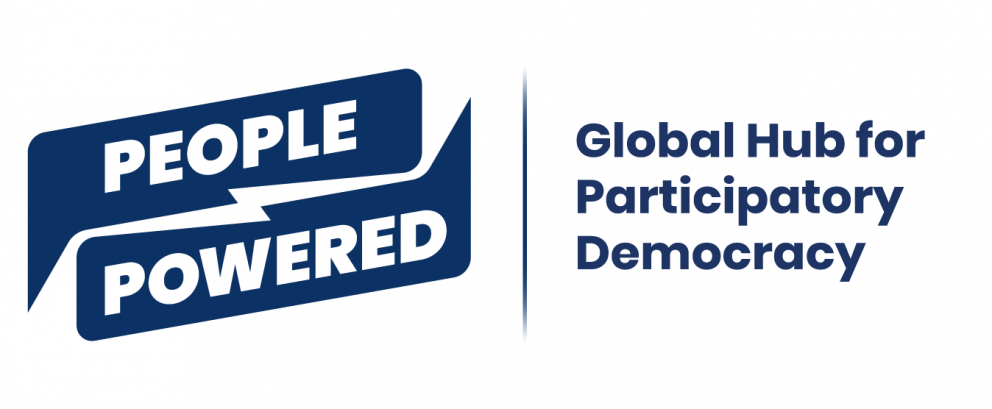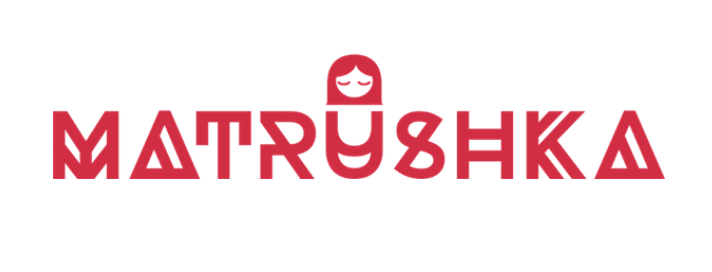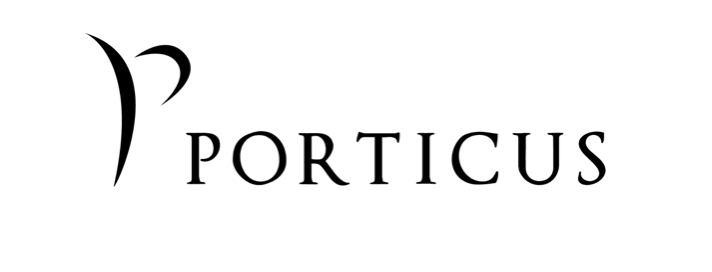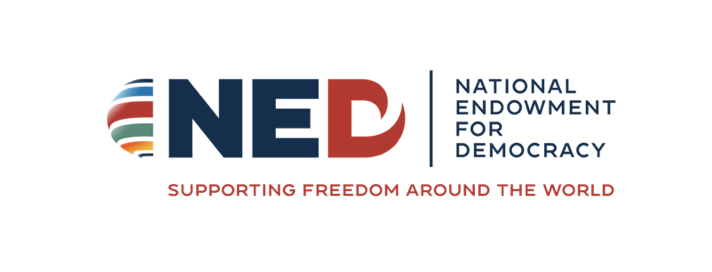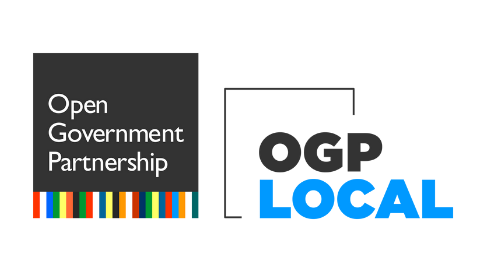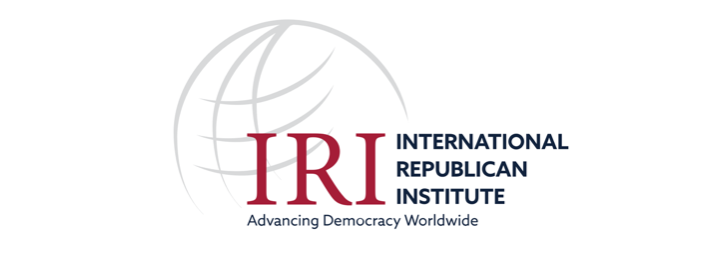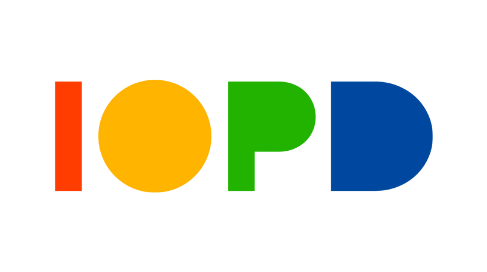About the Playbook
Note: We will launch the Playbook to the general public, giving you full access to the content, on September 27. For now, this website only has preview information about the Playbook. Sign up to attend the launch event.
What is the Playbook?
The Participation Playbook is an interactive guide to help you make the key decisions necessary to successfully advocate for and implement a participatory democracy program. First, it will help you identify the participation solution that’s right for you and your local context. Then, it will lead you through a series of questions prepared by experts to develop a step-by-step plan — your playbook.
Who is the Playbook for?
The Playbook is designed for people who want to open up government to more meaningful and equitable community participation. This includes:
Advocates
Activists in civil society organizations and government who are trying to win approval for participatory programs.
Policymakers
Government officials and community partners who are trying to plan participatory programs.
Program managers
Staff in government and civil society organizations responsible for implementing participatory programs.
How can you use the Playbook?
The Playbook provides guidance on addressing a range of issues with participatory solutions, including the exclusion of marginalized groups; lack of transparency and accountability in public spending; and unequal access to housing, transportation, and food. If you’re interested in addressing climate change, you’ll find specific guidance for that.
For now, you can complete the Playbook with a mentor, as part of People Powered’s mentorship or Climate Democracy Action programs. In 2023, the Playbook will be available for full public use. To find out how the Playbook can help you address a problem you’re facing, start by answering a few quick questions.
Who developed the Playbook?
Lead Organization: People Powered
The Playbook is managed by People Powered, a global hub for participatory democracy. Our mission is to expand people’s power to make government decisions, by supporting organizations and governments that are building participatory democracy around the world. We build the power and impact of government reformers who are leading programs such as participatory budgeting, participatory policymaking, participatory planning, and citizens’ assembly.
Developer
Funders
Promotional Partners
How was the content developed?
The Participation Playbook is a collaborative effort, involving dozens of people and organizations who have researched, advocated for, designed, implemented and evaluated participatory programs around the world. To create the initial content, People Powered contracted a group of lead editors who have years of research and on-the-ground experience in the design, implementation and evaluation of participatory programs. Each lead editor drafted key questions for planning the participatory program of their expertise and, for each of these questions, they prepared options, relevant background and help content, and a short list of recommended resources.
Dozens of People Powered members and partners then reviewed the content, tested the playbook, provided feedback and suggested additional resources. The lead editors then used this input to revise and improve the content. The ultimate goal was to make sure that the Participation Playbook meets the needs of diverse practitioners around the globe.
Content editors and reviewers came from a variety of contexts. In addition to expertise on participatory democracy, we prioritized a diversity of gender and geography so reviewers and editors brought different perspectives on what is most important and helpful, especially for people in Africa, Asia, Eastern Europe and Latin America.
This is the first iteration of the playbook. It is based on the collaborative knowledge of dozens of practitioners, and we will keep improving its content with your input! Complete this form and share your ideas for improving the playbook content and user experience.
Content developers
A global team of experts developed the content of the playbook and manages ongoing content development:
- Participatory policymaking: Rocío Annunziata (lead editor, Argentina), with Catalina Fernández (Chile), Agustin Frizzera (Argentina) and Sebastián Calderón (Colombia)
- Participatory budgeting: Thea Crum (lead editor, United States), with Nikhil Kumar (United States), Diana Dajer (Colombia), Timothy Kiprono (Kenya), Titi Ertiö (Finland), Lev Shilov (Russia), Bogdan Barbu (Romania), Francesca Lynch (United Kingdom), Jaroslav Dvorak (Lithuania), Joop Hofman (Germany), Karla Valverde (Mexico), Stefano Stortone (Italy), Raluca Pavel (United States), Tarson Núñez (Brazil), Svetlana Alenitskaya (Germany), Madison Rock (United States), Carolin Hagelskamp (Germany), Lassad Jebali (Tunisia), Renato Rojas (Chile), Katya Petrikevitch (Czech Republic), Antoine Bézard (France), Pier Paolo Fanesi (Italy), Janice da Silva (Cabo Verde), Alberto Ford (Argentina), Malin Svanberg (Sweden), Alisa Aliti Vlasic (Croatia), Greta Ríos (Mexico), Aleksandra Ilijin (Serbia), Pauliina Lehtonen (Finland), Leonid Donos (Ukraine), Jez Hall (United Kingdom), Emiliano Arena (Argentina), Barkari Darboe (the Gambia), Iván Contreras (Ecuador), Mathilde Bouyé (France), Jesse Worker (United States) and Carole Excell (United States)
- Legislative theater: Katy Rubin (lead editor, United States), with Liz Morgan (United States), Bárbara Santos (Brazil), José Moura Soeiro (Portugal), Oluchi Igili (Nigeria), Sanjoy Ganguly (India) and Maria Lucien (United Kingdom)
- Citizens’ Assembly: Emma Obermair (Italy), Mathilde Bouyé (France), Mateusz Wojcieszak (Poland), Patricia Lacerda (Brazil), Silvia Cervellini (Brazil), Edwin Msewa (Malawi), Jose Zeferino Sanchez Ruiz (France), Jesse Worker (United States) and Carole Excell (United States), based on resources developed by the Organization for Economic Co-operation and Development (OECD), newDemocracy Foundation, Marcin Gerwin, and Mathilde Bouyé and Carol Excell.




